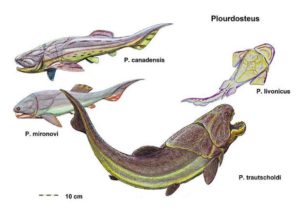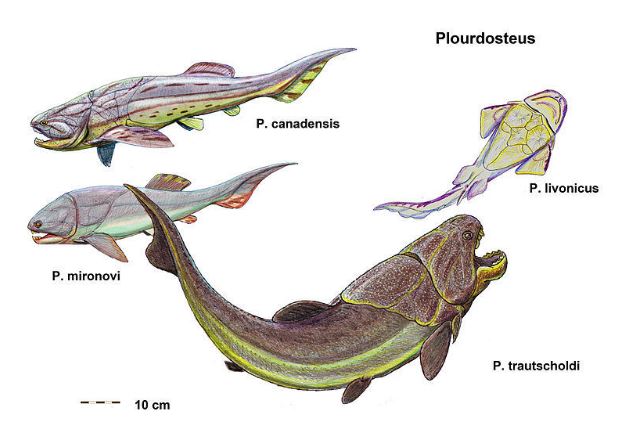Researchers have unearthed a 380-million-year-old heart from a prehistoric fish—the oldest three-dimensionally preserved heart from a vertebrate ever found. They published their findings in the journal Science.
Soft tissues are rarely preserved as fossils. Usually, they decay or are eaten, leaving only bones, shells, or teeth behind. But these specimens had preserved stomachs, intestines, and livers alongside the heart, per the study.

The now-extinct fish were placoderms, or armored fish that are “our earliest jawed ancestors,” Kate Trinajstic, lead author and paleontologist at Curtin University in Australia tells Reuters’ Will Dunham. They existed from about 416 million to 359 million years ago.
Limestone in the Gogo Formation of Western Australia preserved these fossilized specimens, and in the past, researchers have found fish muscles and embryos preserved there, per a statement.
Scientists say these finds could help us better understand our own evolution. The team scanned the fossils using neutron beams and synchrotron X-rays and discovered that the placoderms had surprising similarities to modern-day sharks—and to humans.
The new specimen suggests that there might be even more treasures waiting to be uncovered in the Australian outback.
According to sciencealert/smithsonianmag















